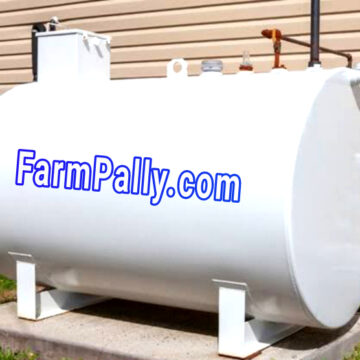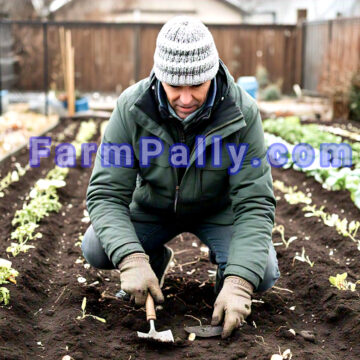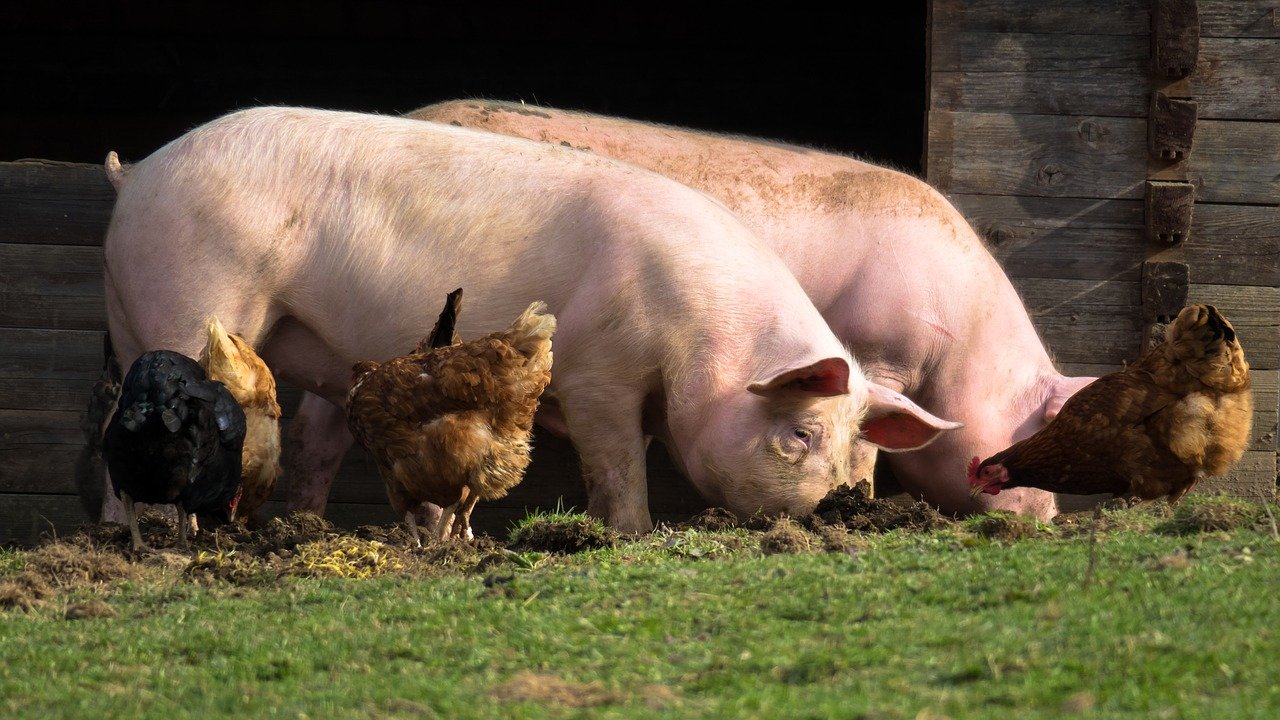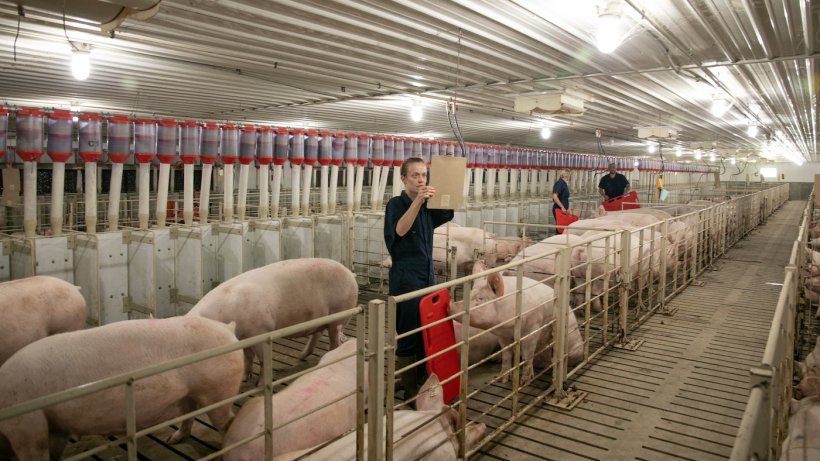Care and management of pregnant sow are very essential in order to prevent most pig farrowing problems.
Feeding sows before and after farrowing with healthy food is usually encouraged.
Feed lactating sow well so she can produce enough milk for the litters.
Make the pen comfortable for the sows and litter.
In most cases, the piglets are left with the sow until they are 6 to 8 weeks old.
However, under a highly specialized system with adequate feeding and management, weaning can be done at 4 weeks of age.
In most farms, the sow and litter are housed in a pen.
Such pens should be provided with adequate facilities for feed and water supply.
Feeding Sow after Farrowing
In the first week after giving birth, the sow should be fed about 2.5kg of the ration of the same type fed during pregnancy.
If the feed provided is in dry form, plenty of freshwaters must be available.
If the sow is not eating, you may have to change the meal to see if she will have an appetite
The sow will produce 180 liters of milk in an 8-week lactation.
Her yield will reach its peak of about 4.5kg liters per day when the pigs are 3 weeks old and then gradually tail off.
Feeding should follow this rise in yield from 2.5kg daily after farrowing the quantity should be increased, and by the end of the first week, she should be receiving an additional 0.2kg daily for each piglet she is suckling, rising to a! maximum of 0.3 per piglet by the time they are 10 days old.
A sow suckling yen piglets will receive 2.5kg of food for her own maintenance and 3kg for the production of milk, a total of 5.5kg given in two feeds.
With litters of over ten, the sow should be fed to appetite.
The sow’s milk is normally low in iron and the effect is shown on the piglets after about the first week of life.
The pig must, therefore, be provided iron supplements either orally or injected intramuscularly when the piglets are 3 days old.
The failure to do this will result in the development of anemia in the piglets.
A second dose may be given at the age of 3 weeks.
For a good weaning weight to be achieved, the piglets should be offered creep feed, in addition, to the sow’s milk.
Food is first offered in clean, low, metal troughs in the creep when the piglets are between 2 and 3 weeks of age.
Initially, scattering a little on the floor which later stops and the trough will encourage the piglets to start eating.
The food provided must be fresh and palatable and it is usually fed dry.
Water must be provided in a clean trough near to the food.
It is wise only to provide a small amount of food in the trough each day until this is being cleared by the piglets and gradually the amount offered can be increased until they are receiving it ad libitum.
When the piglets are between 3 and 5 weeks old, castration and earmarking are carried out.
To permit a check on the performance of pigs, litters are earmarked a few days after castration.
Tattooed in colored ink into the ear of each piglet are numbers, which are recorded on a litter sheet.
Each sow’s litter has one of these sheets on which is recorded date of birth of a litter, number born, ear-marks and weight at 3 and 7 weeks of each piglet and the number weaned.
Other details completed ad the pigs are fattened are age at slaughter and food conversion.
This performance information or details are vital to the breeder in the construction of his policy.
They indicate the ability of the sows and, because of the effect he has on the progeny, the ability of the boar to transmit desirable characteristics.
Weaning Piglets
Weaning of the piglets is usually done abruptly.
The sow is removed and the litter left for a day or so in their own familiar surroundings.
Then they are put into the weaner or grower’s house where they will start the next stage of their lives.
All pigs should be treated against endo-parasites either before or very shortly after this move.
The sow should at this time be placed in a clean pen and her allowance of food reduced to 2.5kg daily and if necessary, to help dry off her milk supply, her water allowance may be reduced.








